Bao Ninh - author of "The Sorrow of War" - said writing about his memories as a soldier is a way for him to reconcile with the pain of the past.
In March, Bao Ninh's short story collection Hanoi at Midnight was translated and published in the US under the title Hanoi at Midnight. This is Bao Ninh's second work to be translated into English, after The Sorrow of War - first published abroad in 1994.
On the occasion of the book's release, on June 18, the writer gave an interview to The Washington Post about the constant theme in his writing - war. Ha Manh Quan - translator of the book Hanoi at Zero Hour - was in charge of translating his interview into English.
In the Washington Post , Bao Ninh said he was happy that the relationship between Vietnam and the US was good. After the war, Vietnam was friendly and welcomed Americans. He welcomed many American writers, journalists, tourists and veterans to Hanoi. The author also had the opportunity to visit the US and visit the families of veterans who fought in Vietnam.

Cover of the book "Hanoi at Midnight", published by Texas Tech University Press in March. Translated by Ha Manh Quan and edited by Cab Tran. Photo: Texas Tech University Press
The years of military service shaped the writer Bao Ninh today. He went to war from 1969 - 1976 and never wanted to become a writer. After the war ended, he spent a year searching for and burying martyrs in the South. The mission made the author deeply feel the fierceness of the war.
After being discharged from the army in 1976, Bao Ninh worked hard to support his family. Eleven years later, he reflected on his past and began writing. Bao Ninh said that if he had not been a soldier, he would not have become a writer.
Since he began writing in 1987, at the age of 35, he has written a lot about human pain, how people live during and after war. He said: "I write about war to fight against war, writing about war is writing about peace - about love, joy, forgiveness, reconciliation and other humane ideas".
Over the years, he has become close to international friends, feeling their sincerity, not boasting or being arrogant. The writer believes that Vietnamese people are good at reconciliation because having experienced much pain and war in the past, Vietnamese people have learned to cope strongly. "We quickly put the past behind us, make peace with our old enemies and do not maintain grudges - a harmful emotion," the writer said in an interview.
Looking forward to a peaceful future, the author's heart still aches when remembering his comrades. The joy of the present cannot erase the sadness of war in him.
The collection of short stories Hanoi at Zero Hour, recently released in the US, is a message of peace he sent to the world. The book consists of 12 short stories, of which 10 are newly translated, while two works Wild Wind and Mystery of the Water - previously available in English - have been retranslated, according to translator Ha Manh Quan. The stories talk about memories of war and post-war life, interspersed with portraits of the Vietnamese people, who are sincere and full of emotion.

Writer Bao Ninh (left) and professor and translator Ha Manh Quan, at the author's home in Hanoi, April 28. Photo: Translator Ha Manh Quan provided
Bao Ninh wrote with unforgettable memories of the years of bombs and bullets. In the preface of Hanoi at Zero Hour, Bao Ninh wrote: "Dedicated to my comrades in the 24th Regiment, 10th Infantry Division, and those who fought and sacrificed for peace in Vietnam."
According to the publisher, throughout the collection, readers feel the quiet of the leafless forest, the polluted river, the air filled with the smell of corpses. Interwoven are the tears of those who stayed behind during the farewell ceremony for new soldiers, the worries of elderly parents, and the unfulfilled wishes of those who fell. Hanoi at Zero Hour shows the complexity of war and how human relationships change in the process of healing psychological trauma.
In the story "Washing Your Hands and Putting Down the Sword," he describes in detail the impact of Agent Orange. The author wants international readers to know that dioxin is still a genocidal weapon against the Vietnamese people after the war. In the 21st century, the investment in improving the ecosystem and environment is very small compared to what humans have invested in war. "To me, this is a self-contradictory and terrifying feature, showing the most inhuman and absurd side of humanity," Bao Ninh told The Washington Post.
The stories introduced to American readers were selected by Bao Ninh, covering everything from the soldier's feelings to the traditional, simple beauty of the homeland. Some works such as Goi con, La thu tu Quy Suu, Vo vit xua cu, Ngoi sao vo danh - these names are familiar to Vietnamese readers because they were published in magazines.
According to the translator, author Bao Ninh wanted the book to "preserve the beauty of the Vietnamese language, the national spirit and cultural identity". During the three years of completing the translation of the work, translator Ha Manh Quan tried to stick closely to the spirit and words of the writer. He prioritized keeping the vocabulary pure Vietnamese. Hanoi, along with all proper names, are written with full accents, not following the trend of omitting accents when translating into foreign languages.
In addition, typical words such as rubber sandals, dong leaves, Tet, bucket hat, Hoang Cam kitchen are carefully annotated in terms of origin and context to help international readers understand. For many months, Bao Ninh and the translator discussed together continuously to bring about an easy-to-understand and attractive translation. The translator said that thanks to the writer, he learned that "splashing water" is also a wartime slang term for "catching malaria".
Bao Ninh believes that the Vietnamese version belongs to him, while the translated version belongs to the translator. In a new language and through the filter of the translator and editor, the work is given a new life and can exist independently of the original. For example, the story "Washing Hands and Putting Down the Sword" was translated more concisely and simply as "Farewell to a Soldier's Life ", suitable for international readers.
Bao Ninh, now 70 years old, joined the army at the age of 17. He fought at the B3 Central Highlands front, in the 5th Battalion, 24th Regiment, 10th Division. In 1975, he was discharged from the army and then worked at the Vietnam Academy of Science and Technology. From 1984 to 1986, the author studied at the Nguyen Du Writing School.
The writer is famous for his book The Sorrow of War (1991), which delves into human condition and personal feelings, and has been translated into many languages . The Guardian calls him the most widely known Vietnamese author abroad.
Bao Ninh is a rare case, having published only one book in over 30 years, in addition to many short stories in newspapers and magazines. The author once told The Observer that he compares his new writings with what he has written in the past and "holds himself back". Writer Bao Ninh may release a new book at the end of the year, said translator Ha Manh Quan.
Vnexpress.net








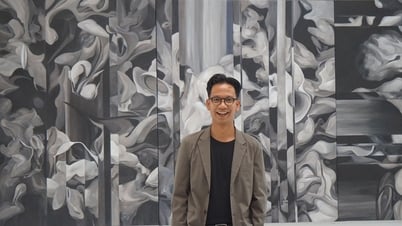



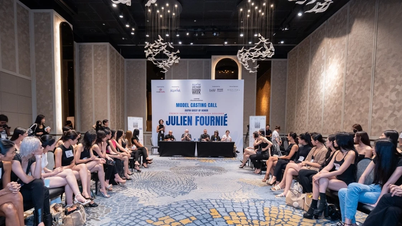

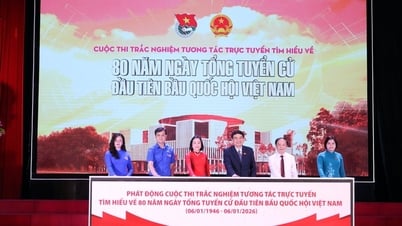
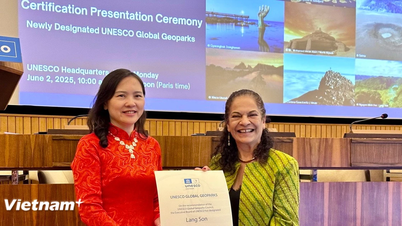
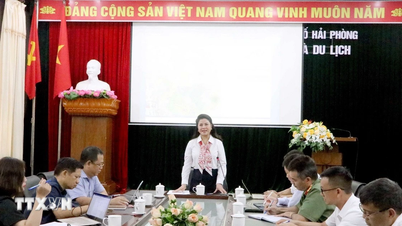














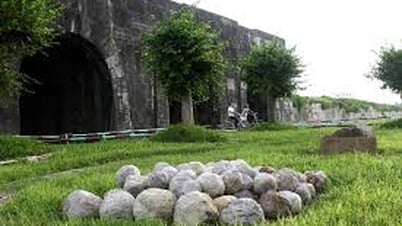

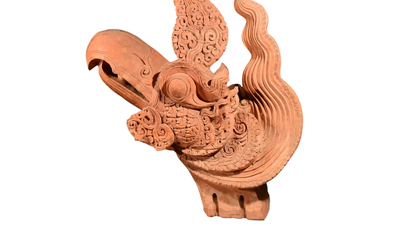




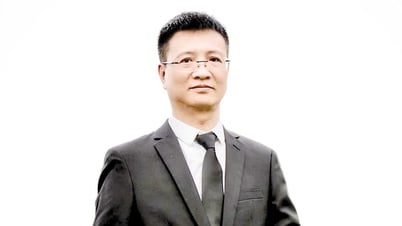



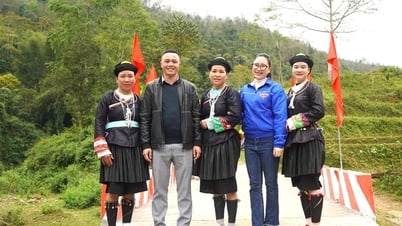

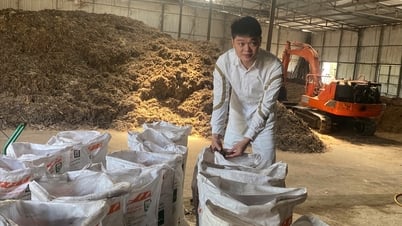

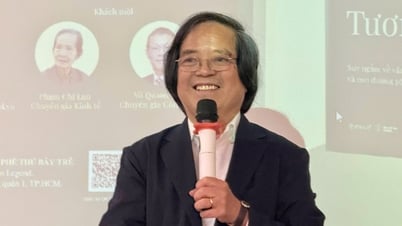










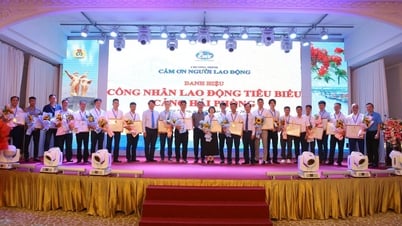
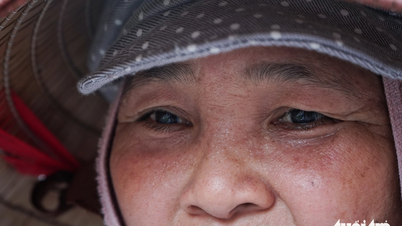








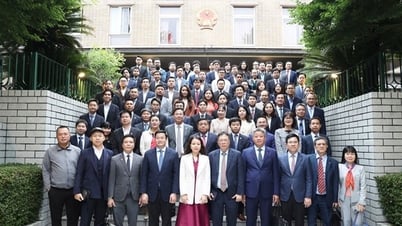




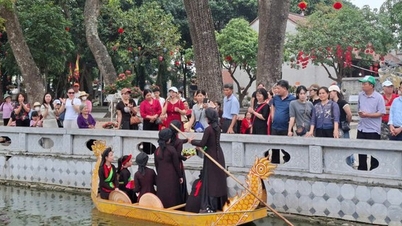
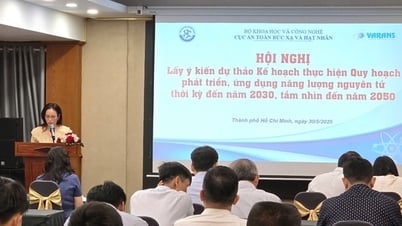





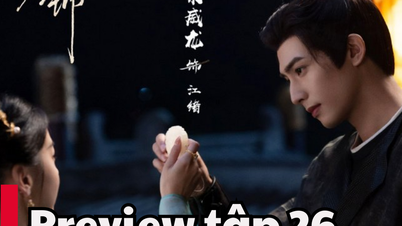
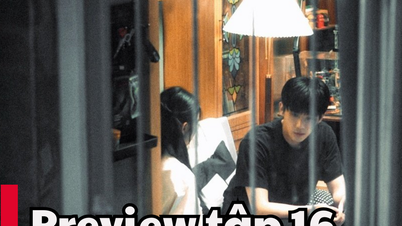




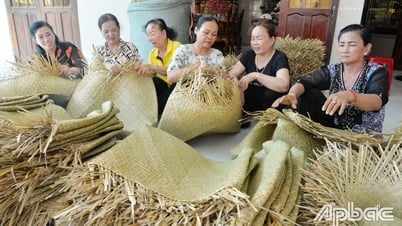



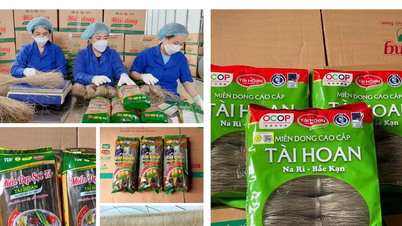





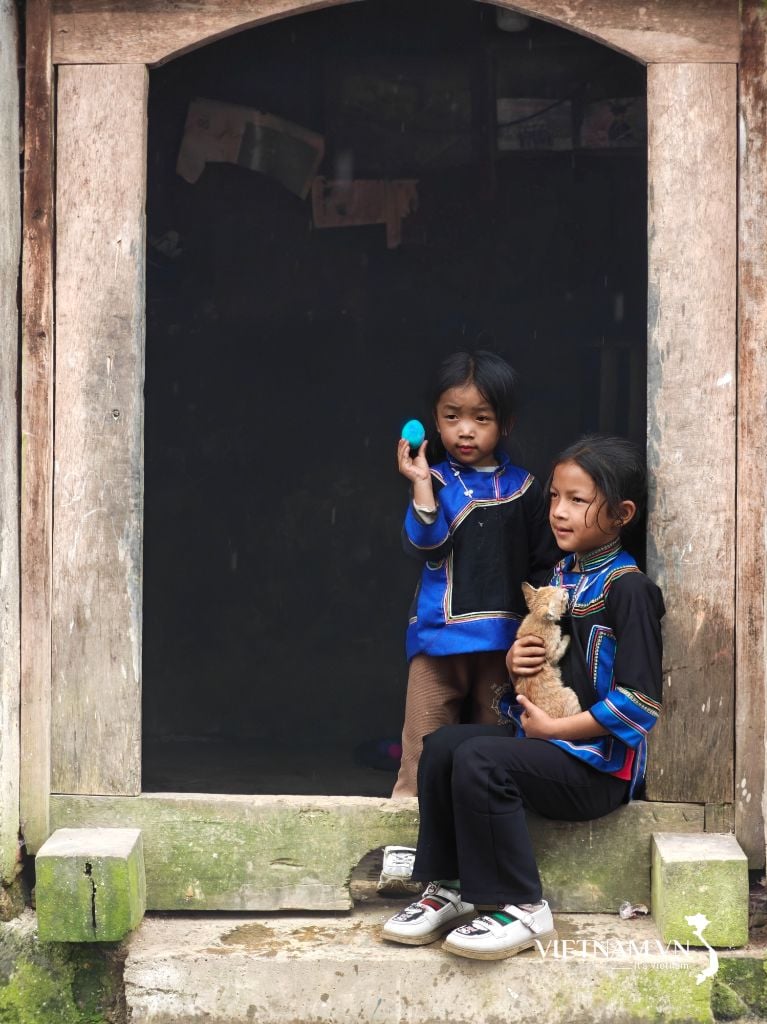

Comment (0)